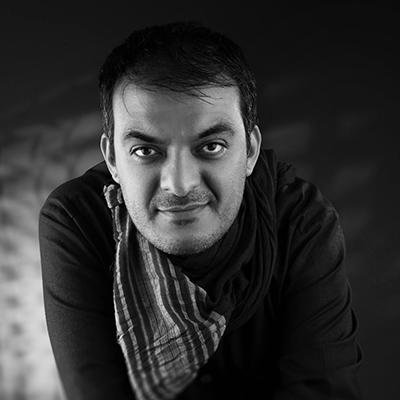
Last Update
May 30, 2020
Organisation
Unknown
Gender
Male
Ethnic Group
Unknown
Religoius Group
Muslim
Province
Tehran
Occupation
Artist
Sentence
3 years imprisonment
Status
Released
Institution investigating
Unknown
Charges
Acting against National Security
Disturbing public opinion
Disturbing public order
Date of Birth
1974
Majid Saeedi Released
“I only carried out my journalistic duty. I photographed the Mousavi election rally in the same way that I photographed Ahmadinejad’s rally. Why did they put me on trial for photographing one and not the other?”
He was also targeted because he distributed photographs to “enemies of the Islamic Republic”.
Majid Saeedi started his career in photography when he was 16, and at 18 he traveled to the Iran-Iraq border to photograph war refugees. For many years his photographs were published in reformist and fundamentalist newspapers alike. However, after the 2009 disputed presidential election, it was not only journalists and bloggers that faced arrest. Photojournalists were also targeted. Saeedi and four other photographers were arrested on charges of “photographing protests and selling them to foreigners.”
Following continuing pressure, many other photographers fled the country. Saeedi was arrested at his home on July 10th, 2009. Police confiscated his photography equipment and interrogated him at an unknown location for four days. He was then taken to Evin Prison and spent a total of 40 days in solitary confinement and small four-prisoner cells. Following this, he was released on bail.
Presiding judge Mohammad Moghisei—well known for handing down harsh sentences for opposition journalists and activists—sentenced him to three years in prison. “If everybody respected the law I would have been pronounced ‘not guilty’,” he told the Global Post. “I only carried out my journalistic duty. I photographed the Mousavi election rally in the same way that I photographed Ahmadinejad’s rally. Why did they put me on trial for photographing one and not the other?”
Saeedi has said that his love of photography is what keeps him alive. When he felt he could no longer photograph freely in Iran, he emigrated to Afghanistan. Since his move there in 2010, he has been honored with several international awards for his photographs of Afghanistan.